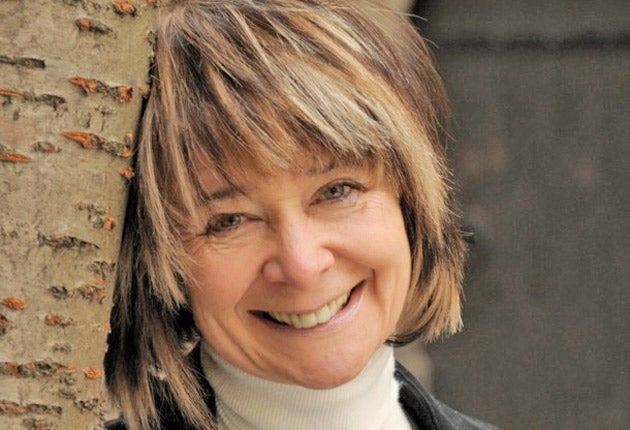The Week in Radio: Radios 3 and 5 combine to little effect

It's been a bit of a surreal week in radio. There was waking up with Ian Hislop instead of Today on last Friday's strike-hit Radio 4. This was a whole lot more stimulating than the birdwatching programme that followed. Why replace Today with birdwatching? It seems unlikely that an audience accustomed to fast-moving current affairs would want breakfast-time birdlife. But along with the Living Cheap documentary, which gave tips on coping with smaller salaries, there was obviously some subliminal management message going on with these replacements. What you discover with short strikes is that listeners actually like a bit of change. Birdwatching makes people feel grounded and filled with inner peace. Losing the Today programme for just one day reminds them they aren't slaves to routine. Cue numerous commentators boasting either that they hadn't noticed the strike or they preferred the birds.
More radical innovation came with Radio 3's Free Thinking Festival, which hosted the first ever live link-up between that network and 5Live. Given the squeezed licence fee, collaborations like this may be the future. But the question of whether Britain is better at art or sport seemed to contain a degree of category error. How do you compare the two? Matthew Syed said "sport exerts a more powerful hold over us than art because it is objective, primal and primitive," whereas in the arts "there are shades of grey. Who's better? We don't know." Also sport is better at fighting obesity. Sarah Dunant said the winning and losing narrative meant sport does well in totalitarian societies whereas arts were noble and collaborative.
For much of the time people seemed to be talking at cross purposes. Pat Nevin said sport unified people. "What's so interesting about always being unified?" asked Sarah Dunant, which was ultimately a useful commentary on the whole exercise. Perhaps it's futile to encourage promiscuity in radio listening anyway. Research shows that the vast majority of people are loyal to just over two radio stations and aren't going to experiment with any more. So don't hold your breath for Chris Moyles teaming up with Night Waves or Fearne Cotton appearing on In Our Time.
I was expecting great things of Five Days in May. Westminster politics has long been regarded in Britain as a sort of national soap, nowhere more than Radio 4, which devotes swathes of its output to the doings of politicians. The big characters seem to exist in a limboland between fact and fiction, being constantly satirised, dramatised and analysed. So Matthew Solon's drama-documentary about the formation of the coalition government promised much. The line-up was starry, with Sam West as Cameron, Nicholas Boulton as Clegg, John Sessions as Ed Miliband and the excellent Gerard Kelly (whose final role this was) as Gordon Brown. Kelly captured perfectly Brown's habit of steamrollering over other people's conversation with platitudes, and Boulton's portrait of a bewildered Clegg growing gradually bolder was well done. "Special Branch, swapping cars, talk about cloak and dagger," he marvels to Cameron. The exhaustion showed through. "What's the Lib Dem policy on sleep?" someone asks. "Clear and decisive total abolition."
My dissent is utterly heretical. I wanted to watch it on television. Perhaps making any conventional political drama after The Thick of It is like making black-and-white films after the arrival of colour, but I wanted to see the flickers of expression that affect negotiations more than words, particularly when those politicians involved sound so similar. I wanted the dramatised version to feel more, not less dramatic than the original. The other effect of hearing those tense five days retold through actors' voices brought home even more starkly what we already knew – that our governing ranks are made up almost entirely of white males, very few women and an awful lot of Scots.
Join our commenting forum
Join thought-provoking conversations, follow other Independent readers and see their replies
Comments
Bookmark popover
Removed from bookmarks